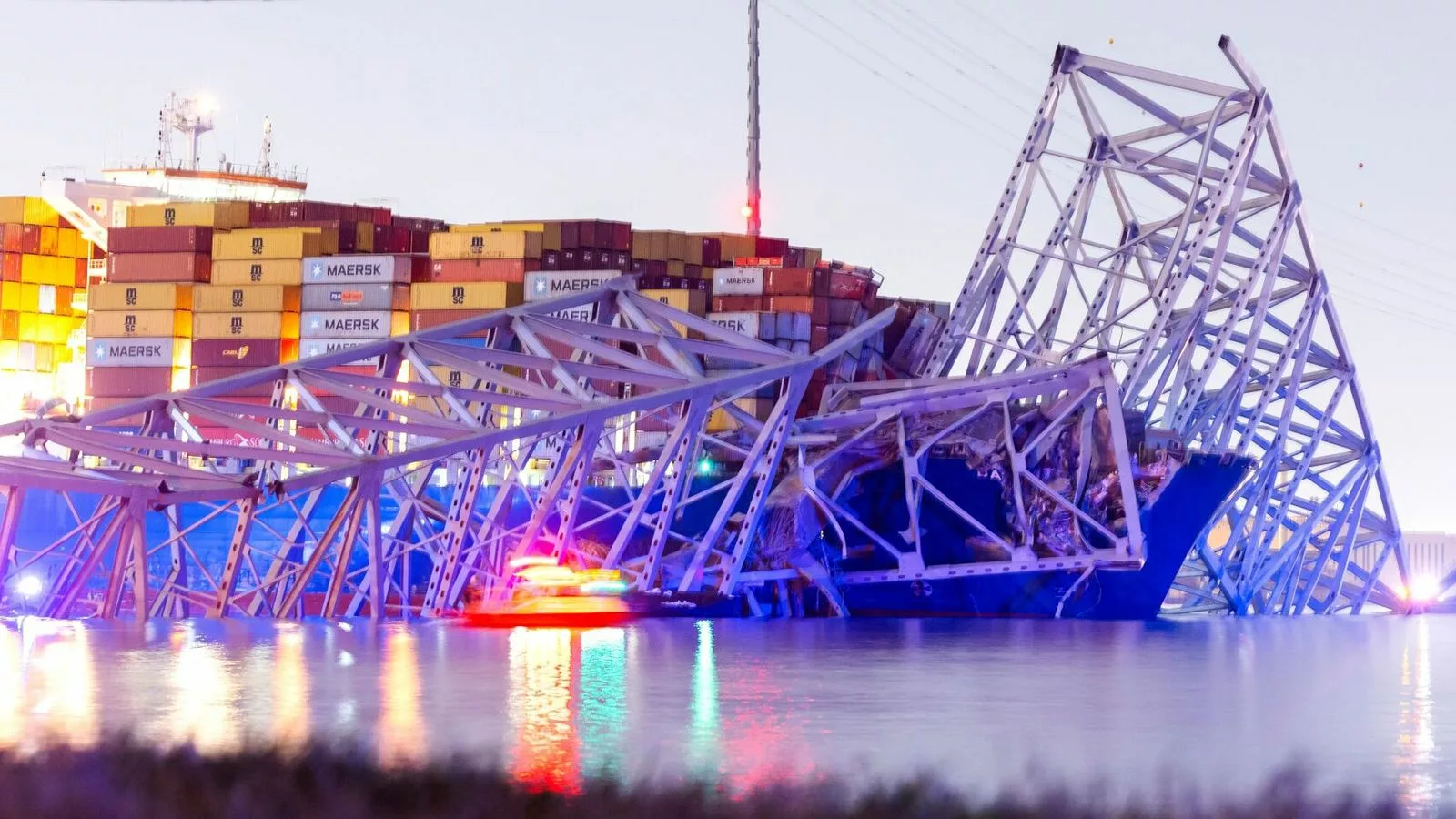The 2024 Paris Summer Olympics – A True Test of Our Supply Chains

The opening ceremony for the Paris Summer Olympics is scheduled for Friday. Athletes from around the world and millions of visitors will flock to France to experience the 2024 Games. Recently, supply chains have resembled either a marathon or a 3,000-meter steeplechase, full of obstacles.
Organizing an event of this magnitude, with 329 events spanning 32 sports in just 16 days, is inherently complex. The 2024 Olympics are anticipated to have a notable impact on global supply chains, bringing both positive and negative effects. The event is expected to spur demand for various goods and services, increasing production and transportation activities. However, the surge of people and goods entering France may overwhelm existing infrastructure and logistics networks, potentially causing disruptions and delays.
The Olympics have already driven up demand for products and services such as construction materials, food and beverages, hospitality, and sporting goods. This heightened demand can boost economic activity and create opportunities within the supply chain. Significant investments in infrastructure, amounting to seven billion euros in private funding, have been made in transportation networks, stadiums, and accommodations. These investments are likely to enhance logistics capabilities and foster long-term economic growth in Paris.
Nonetheless, challenges and disruptions are inevitable, as evidenced by the experiences of tourists arriving in Paris before the Games. The influx for the Olympics is expected to cause congestion at ports, airports, and on roads, leading to delays in the movement of goods. This could affect the timely delivery of essential supplies and equipment for the event. Since February 2023, CMA-CGM Group and its subsidiary Ceva Logistics have been collaborating with the Organizing Committee of the Paris 2024 Games to offer comprehensive logistics solutions. Their services include freight, international transport, customs clearance, storage, delivery, site logistics, special freight, and IT systems integration.
Major events like the Olympics often face security threats, necessitating heightened security measures and additional checks, which can slow customs clearance and transportation, impacting overall supply chain efficiency.
Environmental concerns are also significant for large-scale events like the Olympics. Increased transportation and waste generation can elevate carbon emissions and other environmental issues. The organizers plan to use 100% renewable energy from wind and solar to power the events. They are utilizing existing venues where possible, constructing new ones with low-carbon concrete and recycled materials, and bringing in thousands of seats made from recycled plastic. This sustainability focus dates back to 1996, with the 2012 London Olympics pioneering the ISO2012 international certification standard, providing guidelines for sustainable choices in large events, from construction to catering. All furniture and temporary buildings approved for the Games are guaranteed a second life, avoiding landfills. The Paralympics, running from Aug. 28 to Sept. 8, will also use the same venues and housing.
Proper planning and technology use can help companies mitigate the challenges and disruptions caused by such a large event. Proactive planning and coordination with suppliers, carriers, and other stakeholders can help identify potential bottlenecks and develop contingency plans. Advanced technologies like AI, machine learning, and real-time tracking can enhance visibility, optimize routes, and improve overall supply chain efficiency. Diversifying supply sources can reduce reliance on single suppliers and mitigate disruptions in specific regions or industries. Implementing sustainable logistics practices, such as optimizing routes, using low-emission vehicles, and reducing waste, can help minimize the event’s environmental impact.
The 2024 Olympics present a unique challenge for global supply chains. By anticipating and proactively addressing these challenges, organizers and logistics providers can ensure a smooth and successful event while minimizing disruptions to the global supply network. However, don’t let these challenges prevent you from joining over a billion people worldwide in watching the Summer Olympics and cheering for the U.S. team.
Cook Insurance Group: Your Partner in Trucking Insurance
With over 20 years of experience in the trucking insurance industry, Cook Insurance Group offers unparalleled service and expertise. Serving large fleets, small fleets, single-owner operators, tow trucking operations, and charter bus lines, we focus exclusively on the trucking industry to provide the best insurance solutions. Our friendly, bilingual staff is dedicated to helping you find the right insurance protection at the right cost.
At Cook Insurance Group, we tailor our services to meet the specific needs of both small and large fleet trucking companies. Our representatives manage every aspect of your insurance program, ensuring you have the best plan for your unique needs. We offer immediate certificate and ID card issuance, 24/7 certificate availability, and a client portal for easy access to certificates, claim status, and policy details.
Our prompt and reliable service includes 24-hour claims reporting for physical damage and motor truck cargo.We also provide educational seminars for management and drivers, licensed risk managers to assist with CSA scores and driver training, border risk coverage (NAFTA), and mid-year loss run reviews. Whether you are located in Texas, Arizona, or Arkansas, choose Cook Insurance Group for all your trucking insurance needs.
Choose Cook Insurance Group for all of your trucking insurance needs whether you are located in Texas, Arizona or Arkansas.


